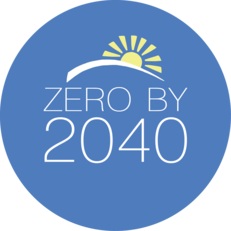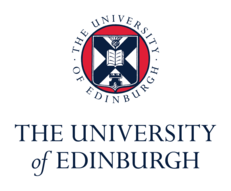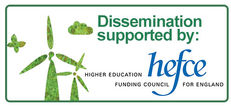Zero by 2040 – The University of Edinburgh’s climate strategy
The University of Edinburgh has committed to become zero carbon by 2040. The University's Climate Strategy 2016 lays out a comprehensive whole institution approach to climate change mitigation and adaptation in order to achieve its ambitious targets.
To meet and contribute to the Paris Agreement from 2016, and to support Scotland's and the world's transition to a low carbon economy, the University of Edinburgh will reduce its carbon emissions per £ million turnover by 50% from a 2007/08 baseline, and will become a net zero carbon university by 2040.
To meet these new obligations, we are undertaking action on research, learning and teaching, operations, responsible investment, and are investigating renewables opportunities. The University’s five campuses will be used as living laboratories for learning and to test innovative ideas that can be replicated elsewhere.
Top 3 learnings:
1 We have learnt how to develop an approach to bring together different stakeholders and come to consensus on the way forward, despite varied viewpoints.
2 We have learnt more about developing and implementing carbon modelling and scenario planning.
3 We have identified the importance of promoting the university as a living laboratory for learning and to test innovative ideas and technologies.
CO2t savings over the life cycle of the project:
86,707 tonnes (from 2015/16 baseline) (Estimated by 2040).










 Except where otherwise stated, content on this site is
licensed under a Creative Commons Attribution 3.0 License.
Except where otherwise stated, content on this site is
licensed under a Creative Commons Attribution 3.0 License.
